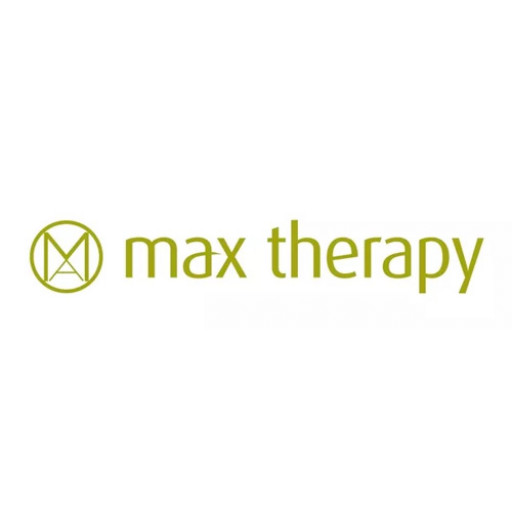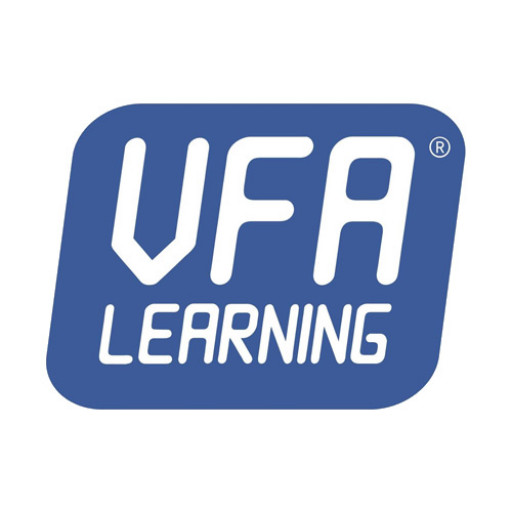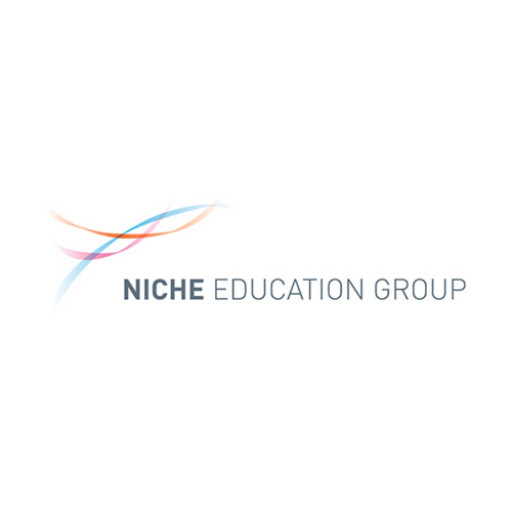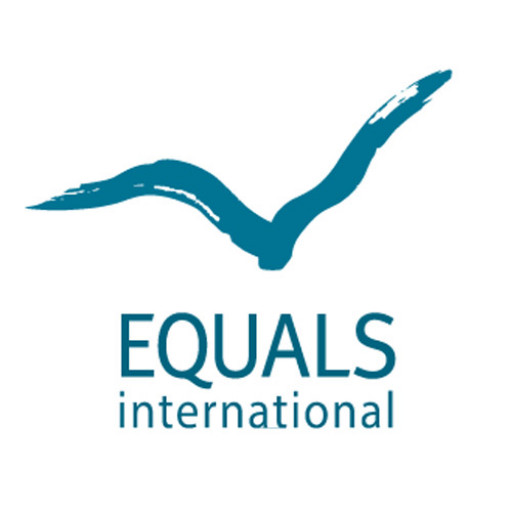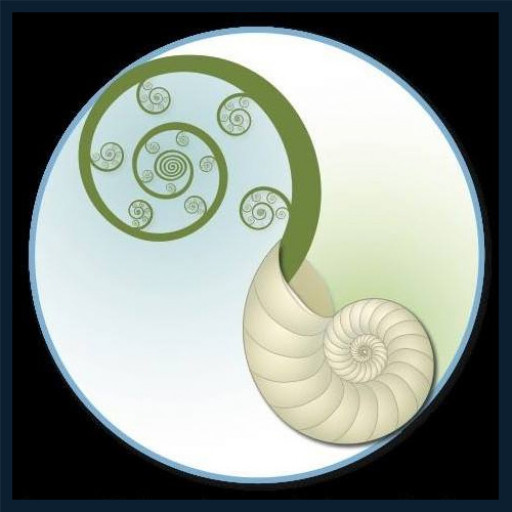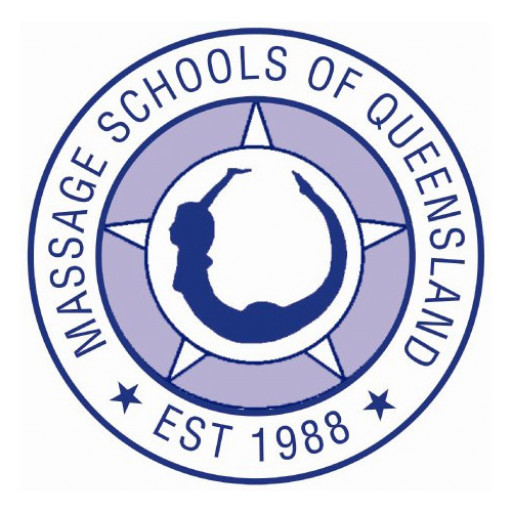Photos of university / #deakinuniversity
Program Description:
The Graduate Diploma of Therapeutic Child Play at Deakin University is a specialized program designed to equip students with the essential knowledge, skills, and practical experience required to facilitate therapeutic play interventions for children experiencing emotional, behavioral, and developmental challenges. This innovative course provides a comprehensive understanding of child development theories, assessment techniques, and therapeutic strategies tailored to enhance children's well-being through play. Students will explore contemporary approaches to child-centered therapy, including techniques for engaging with children in a safe and supportive environment. The program emphasizes the importance of interdisciplinary collaboration, cultural competence, and ethical practice in delivering effective therapeutic services to diverse populations. Throughout the coursework, students will engage in supervised clinical placements, enabling them to apply theoretical concepts in real-world settings under the guidance of experienced practitioners. The curriculum also covers topics such as communication with families, working with children with special needs, and integrating play therapy into broader mental health frameworks. Graduates of this program will be prepared for professional roles in settings like schools, community health centers, private practice, and child welfare organizations. The qualification also provides a pathway for further postgraduate study in related fields such as psychology, social work, or occupational therapy. Whether you aim to support children's emotional resilience, improve their social skills, or aid in their developmental progress, the Graduate Diploma of Therapeutic Child Play offers a rigorous academic foundation combined with practical training to help make a meaningful difference in children's lives.
The Master course H705 Master of Child Play Therapy leads to professional Understanding. This Postgraduate Diploma is a skills enhancement tool which encourages practitioners to engage brand new learning and enhance their present skills.
Entry will be based on performance in Bachelor Degree or higher or two years relevant work experience or evidence of academic capability judged to be equivalent.
The financing of the Therapeutic Child Play program at Deakin University primarily involves a combination of government funding, student fees, and potential financial assistance options. As an undergraduate or postgraduate course, it typically aligns with the Australian domestic student fee structure outlined by the Australian Government's Department of Education. Domestic students enrolled in higher education programs like Therapeutic Child Play are generally eligible for government Supported Students loans, such as HECS-HELP, which allows students to defer their tuition fees until they are earning a sufficient income post-graduation. This significantly reduces the immediate financial burden and makes the program more accessible to a diverse range of students.
International students enrolled in the program are required to pay substantive tuition fees, which vary depending on the specific course offerings and study load. These fees are paid upfront or via international student loans or scholarships, where available. Scholarships tailored to students pursuing degrees in childcare, psychology, or related therapeutic fields may be offered by Deakin University or external organizations. Such financial aid can substantially mitigate the costs associated with tuition, materials, and accommodation.
In addition to direct tuition costs, students should consider other expenses associated with the program, including textbooks, study materials, industry placement costs, and potential travel expenses if the program requires practical sessions or internships at specific sites. Deakin University offers various financial assistance programs, including grants and work-study options, to support students in need. Furthermore, students may seek part-time employment opportunities both on and off-campus to finance their studies.
The program's funding also benefits from broader university resources aimed at enhancing student success and reducing financial barriers, such as bursaries, discounted accommodation options, and financial planning support services. International students might also explore scholarship opportunities provided through government-sponsored programs like the Australia Awards or private trust funds focused on supporting students in health and therapeutic disciplines.
Overall, the financial landscape for students enrolled in the Therapeutic Child Play program at Deakin University is designed to accommodate various financial backgrounds through government support, scholarships, and flexible payment options. Prospective students should consult the university's official website or contact the admissions office for precise information about current tuition fees, available financial aid, and application procedures for scholarships and loans. This multifaceted approach aims to facilitate wider access to education in this specialized therapeutic area, equipping future practitioners with the necessary skills without undue financial hardship.
The Graduate Diploma of Therapeutic Child Play at Deakin University is a postgraduate qualification designed to equip students with specialized skills and knowledge in the field of child therapy and play therapy. This program focuses on understanding the developmental, psychological, and emotional needs of children, and applying therapeutic play techniques to support children's mental health and well-being. The course curriculum includes comprehensive modules on child development, play therapy theories and practices, assessment and intervention strategies, and ethical considerations when working with children and families. Students gain practical experience through supervised clinical placements, enabling them to apply theoretical knowledge in real-world settings. The program aims to prepare graduates for roles in a variety of settings such as schools, child welfare agencies, mental health services, and private practice. It emphasizes evidence-based approaches and best practices, fostering a deep understanding of trauma-informed care, diversity, and inclusion within therapeutic contexts. The duration of the program typically spans one year (full-time) or part-time options are available, offering flexibility for working professionals. Entry requirements generally include an undergraduate degree in a relevant field, such as psychology, social work, or education, along with relevant experience or references. Graduates of this program are often qualified to work as registered child play therapists, counselors, or psychologists specializing in childhood treatment. Deakin’s faculty provides expert supervision, modern facilities, and access to industry connections to support student learning and professional development. The program aligns with national and international standards for play therapy practice, ensuring graduates are equipped with contemporary skills and ethical frameworks necessary for effective practice. Additional opportunities include engaging in ongoing research, participating in professional development workshops, and networking with industry professionals through university events. The program’s focus on practical skills, industry applicability, and academic rigor makes it a comprehensive pathway for those committed to advancing therapeutic interventions for children through play-based methods.

